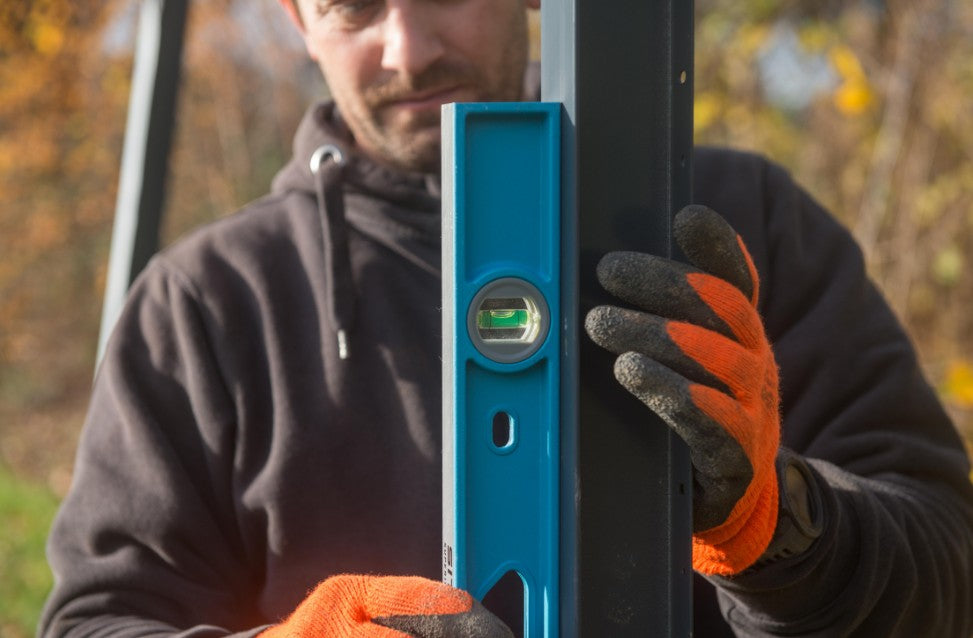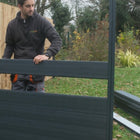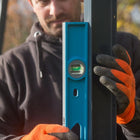How to Protect your Fence from Wind - 3 Reasons your Fence may Suffer this Winter

During the cold and dark winter months, the UK is no stranger to harsh weather conditions. Previously, wind speeds have hit over 100mph in coastal areas and reached a record speed of 173mph in 1986.
While wind speeds this intense are unlikely to affect you, a fallen or damaged fence could be the result of similar conditions. Especially if you’re located towards the coast.
If your fence has already taken an unfortunate loss against mother nature, or if you’re looking to reinforce your efforts for when/if extreme winds hit you, you’ve come to the right place.
Here, we explain the reasons your fence has/could become a casualty of wind damage, and the steps you can take to prevent this from happening in the future.
1. Poor fence installation
Probably the most common cause of fallen and damaged fences, poor installation can seriously harm the stability of your fence. As the wind picks up and your fence starts to sway, an un-stable fence can only hold on for so long.
From holes or gaps in the fence, to tilted fence posts and use of incorrect nails, there are several reasons your fence could become unstable. To avoid this scenario, be sure to use a trusted fencing contractor for the installation of your fence.
Yes, hiring a professional comes at an extra cost, but it means you’ll save money in the long term. Think about it, repairing or replacing your fence doesn’t come cheap.
For guidance on choosing the right professional for you, take a look at our blog on 5 things to consider when hiring a fencing contractor.
2. Weakly designed fencing
The design and materials of your fencing itself will affect its ability to withstand strong winds. For instance, standard timber fence posts typically don’t fare well against strong winds.
Similarly, the type of fence panel you choose can really make a difference to whether your fence will stay standing. Semi-solid or slatted fence panels offer less wind resistance and look aesthetically great too. A win-win if you ask us.

3. Incorrect nail usage
The nails used to secure your fence in place are extremely important. After all, they keep your fence in one piece and ultimately, your garden secure.Using low-quality nails that are prone to rust is a problem in itself. Not only do the orange/brown stains create an ugly appearance, but cause integral damage to your fence such as rotting and splinters.
Now, throw some harsh winds into the mix, and you’ve got yourself a fallen fence. In short, rusty nails equal a damaged fence, and a damaged fence doesn’t have the best odds against strong winds.
To ensure you give your fence the best chance at surviving, take a look at our recent blog on types of nails. Here, we explore the different types of nails used in fencing and explain which are best for your garden fence.
Durapost – Strong, Durable & Wind Tested
Looking for an all-in-one fencing solution that stands the test of time? DuraPost is for you. Designed and manufactured to the highest quality and comes with a 25 year guarantee too.
Although good weather can’t be promised, the resistance of DuraPost can. Get in touch with one of our experts today and we’ll let you know why DuraPost is the number choice for homeowners across the UK.
DuraPost® fencing systems
Create Extraordinary Spaces
DuraPost® steel fence posts and composite fence panels. Find out why they are the ultimate fencing system.








